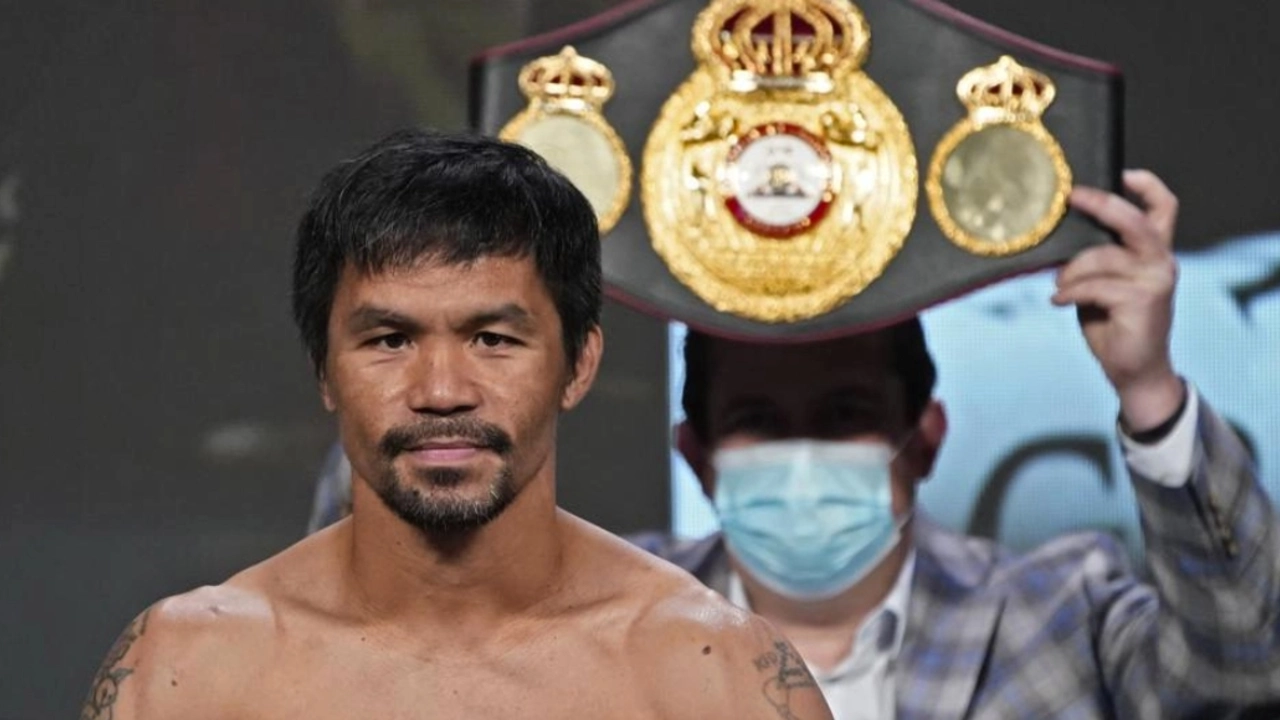The Legacy of Boxing and Early Retirement
When we talk about boxing, we are talking about a sport that has produced some of the most iconic athletes in history. Regardless, there's a darker side to this sport, a side that can potentially harm the well-being of the boxers involved. Some boxers have been known to extend their careers well past their prime, leading to severe consequences. This makes me wonder if certain boxers would have been better off retiring early, preserving their health and legacy intact.
The Dilemma of Muhammad Ali
When we talk about boxers who perhaps should have retired earlier, the first name that comes to mind is Muhammad Ali. He is widely regarded as one of the greatest boxers of all time. However, Ali, known for his quick-witted banter and lightning-fast reflexes, began to show signs of physical decline in the latter part of his career. His fights with Larry Holmes and Trevor Berbick were clear indications that he was no longer the same fighter he once was. The man who "floated like a butterfly and stung like a bee" was now struggling to keep up with younger, more agile opponents. His later years were marred by Parkinson's disease, believed to have been caused by the numerous blows he took to his head during his career.
Joe Louis and the Curse of Comebacks
Another example of a boxer who possibly stayed in the ring too long was Joe Louis. Despite being one of the greatest heavyweight champions in history, Louis had a tragic end to his career. After retiring as champion, he made a comeback due to financial difficulties but was no longer the dominant force he once was. His comeback fights were heartbreaking to watch, as it was clear that Louis was merely a shadow of his former self. These late-career fights tarnished his legacy and left a sour taste in the mouths of many boxing fans.
Roy Jones Jr. and the Struggle to Let Go
Roy Jones Jr. is another boxer whose late-career choices raised eyebrows. Once considered the best pound-for-pound fighter in the world, Jones had a career that spanned four decades. However, his insistence on boxing well into his 40s and 50s led to a series of disappointing defeats. Many fans wish he had retired at the peak of his career, preserving his legacy as an unbeatable champion. Instead, his late-career losses have somewhat diluted the memory of his greatness.
Reflecting on the Impact of Early Retirement
If these boxers had retired earlier, would we remember them differently? Would their legacies be even more significant? It's a question worth pondering. Boxing is a brutal sport, and the toll it takes on the human body is immense. By retiring early, these boxers could have avoided unnecessary physical damage and prolonged their health. Moreover, they could have preserved the memories of their prime years, leaving fans with a lasting image of their greatness.
Final Thoughts: A Call for Change
While it's easy to criticize these boxers for not retiring sooner, it's important to remember that the decision to retire is a deeply personal one. Moreover, the boxing industry doesn't always support its athletes post-retirement, leaving many with little choice but to continue fighting. Perhaps it's time for a change in the boxing world. More support for retired athletes and better education about the risks of boxing could help fighters make informed decisions about their retirement. Because at the end of the day, no victory in the ring is worth the cost of one's health and well-being.

